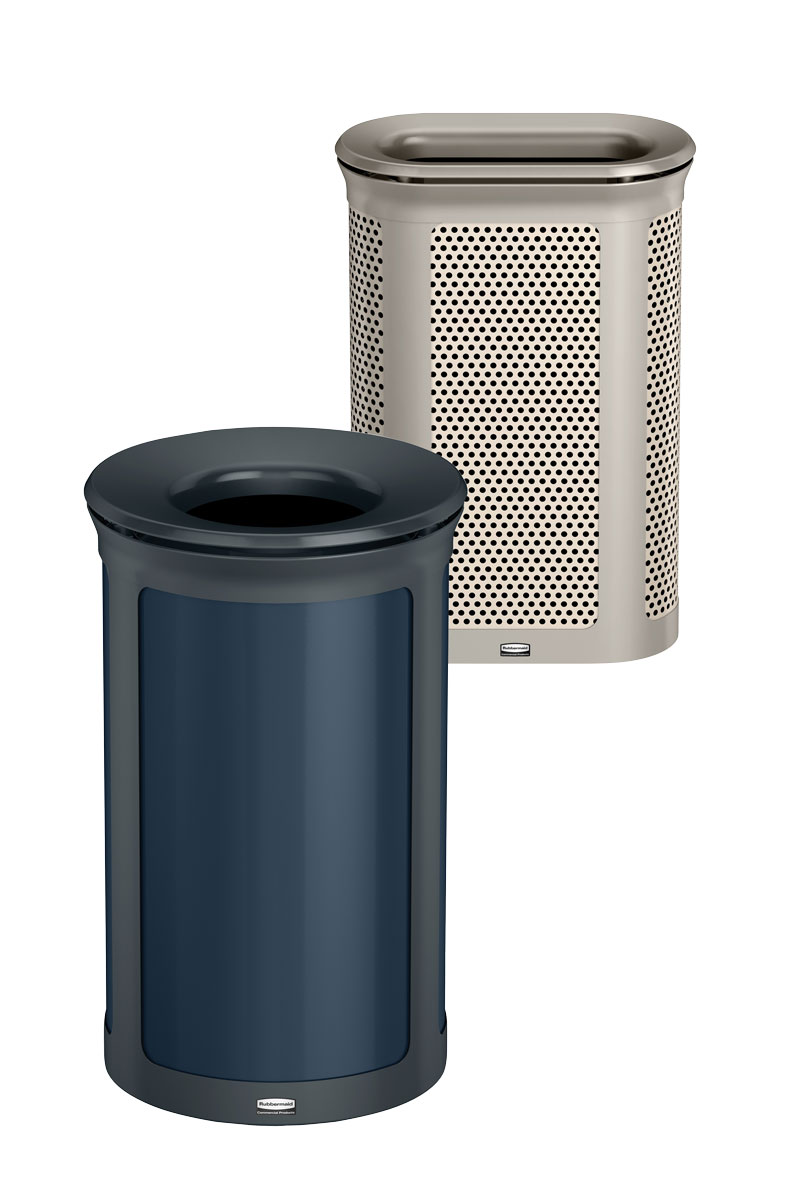EAST LANSING, MI—According to a new study spearheaded by a Michigan State University researcher, consumers who participate in a company’s sustainable program are more satisfied with eco-friendly services such as recycling, reusing towels or opting out of housekeeping than receiving incentives.
The study, “Adjusting the Warm-Glow Thermostat: How Incentivizing Participation in Voluntary Green Programs Moderates Their Impact on Service Satisfaction,” was published in the July 2016 edition of the Journal of Marketing. Tomas Hult, Byington Endowed Chair and professor of marketing in the Eli Broad College of Business at Michigan State University, led the study.
The research team comprised of Michael Giebelhausen and HaeEun Helen Chun, both assistant professors of marketing at Cornell University; and Joseph Cronin, John R. Kerr Eminent Scholar Chair in marketing and service innovation at Florida State University, conducted four studies in three service settings: restaurants, hotels and online retailing.
A voluntary green program is any initiative that has a stated goal of improving the natural environment and utilizes the voluntary efforts of the sponsoring organization’ s customers, according to the study. A key concern regarding sustainability initiatives, particularly for service organizations, is how they affect operational performance such as customer satisfaction.
The research indicated the types of rewards offered by companies to participate in sustainability programs could affect satisfaction. The researchers tested two types of incentives: those that solely benefit the consumer such as loyalty points, and those that benefit another organization, such as charitable donations.
For green program participants, rewards that benefit another organization created the highest rate of satisfaction about the business. For those who opted not to participate in a green program, self-benefiting rewards created doubt about the motive of a program.
The study, which includes an analysis of data from the J.D. Power Guest Satisfaction Index, suggests that incentivizing green programs with self-benefiting incentives such as cash or points limits the ability of those programs to boost service encounter satisfaction for those who participate.
“Self-benefiting incentives also seem to buffer the potential negative impact of green programs among those who don’t want to participate,” said Giebelhausen. “A mix of self-benefitting and other-benefiting incentives seems to maximize service encounter satisfaction for both groups.”
Earning a reward that benefits a charitable organization will satisfy consumers and generate a “warm glow,” noted Giebelhausen. Accumulating loyalty points creates the opposite effect.
“In fact, earning loyalty points decreases warm glow, as people are not sure if they participated in the green program to do a good deed or for the points,” said Giebelhausen. “In other words, the more you pay people, the less they will be able to experience warm glow. Of course, if you pay them enough, you can offset the glow losses with increased happiness about the payment. But, attempting to buy satisfaction with loyalty points can be an expensive strategy.”
Giebelhausen noted that Starwood Hotels & Resorts’ Make a Green Choice program offers one of the most progressive sustainability initiatives. This program gives guests the opportunity to choose to help reduce their environmental footprint. Any guest at a participating Starwood property can forgo full housekeeping for up to three days in a row, excluding their checkout day.
Starwood’s Element Hotels brand offers guests an eco-conscious alternative in the extended-stay category. “Sustainability is no longer a bonus in a hotel stay,” said Paige Francis, VP, global brand management, Element Hotels. “Travelers are increasingly choosing brands that share their sense of eco-responsible purpose.”
Frequent consumers of the Element Hotels brand have indicated preferences for energy-saving options, sustainable programming and eco-conscious room offerings, according to Francis. The brand offers guests in-room information on its sustainable practices.
“We like to make our guests feel like they are unaware they are participating in eco-practices, so we fill our pools with natural saline, offer farm-to-table goods at our Rise breakfasts and have Energy Star GE appliances and water filters in each kitchen,” said Francis. “We also offer sustainable choices, such as, in lieu of having the room cleaned each day, opting out for a bonus 250 Star Points each day.”
Jeanne Varney, LEED GA, CHA, a lecturer at the School of Hotel Administration at Cornell University, said, “The study was outstanding. You can’t guilt the customer into participating in green programs. We found that was a strong negative to customer satisfaction. If you tell them they will be wasting 60 gallons of water, that doesn’t work. The more subtle ways to having the customer feel good about themselves has been more successful, as the research shows.” HB
Rubbermaid debuts stylish waste containers
CHICAGO—Rubbermaid Commercial Products launches Enhance, a collection of premium decorative refuse containers, this month. The new line joins the brand’s Configure range of recycling containers that debuted in March 2016.
Developed in collaboration with a team of high-end designers, the products can be tailored to complement a property’s decor, come in a variety of size and shape options and are customizable.

From Rubbermaid, the Enhance range offers a variety of colors, materials and finishes to complement any decor.
Floating lids are designed to reduce the chance of pinching, and a flare on the receptacle rim provides visual appeal while also allowing room for users’ hands to easily grip the plastic liner during removal. The receptacles have panels that can be changed.
Rubbermaid’s internal color specialists have chosen color options from interior and exterior commercial trends, and they will be updated every two years. The waste system includes a fingerprint-resistant coating that makes it easier to maintain a high-quality look.
The Rubbermaid Configure collection features four different receptacle sizes, seven various waste stream labels and four lid openings that suit the recycling needs of any facility. Available in stainless steel, the containers come in over 200 different color options and the magnetic connection that keep cans perfectly aligned help to maintain the professional appearance.


